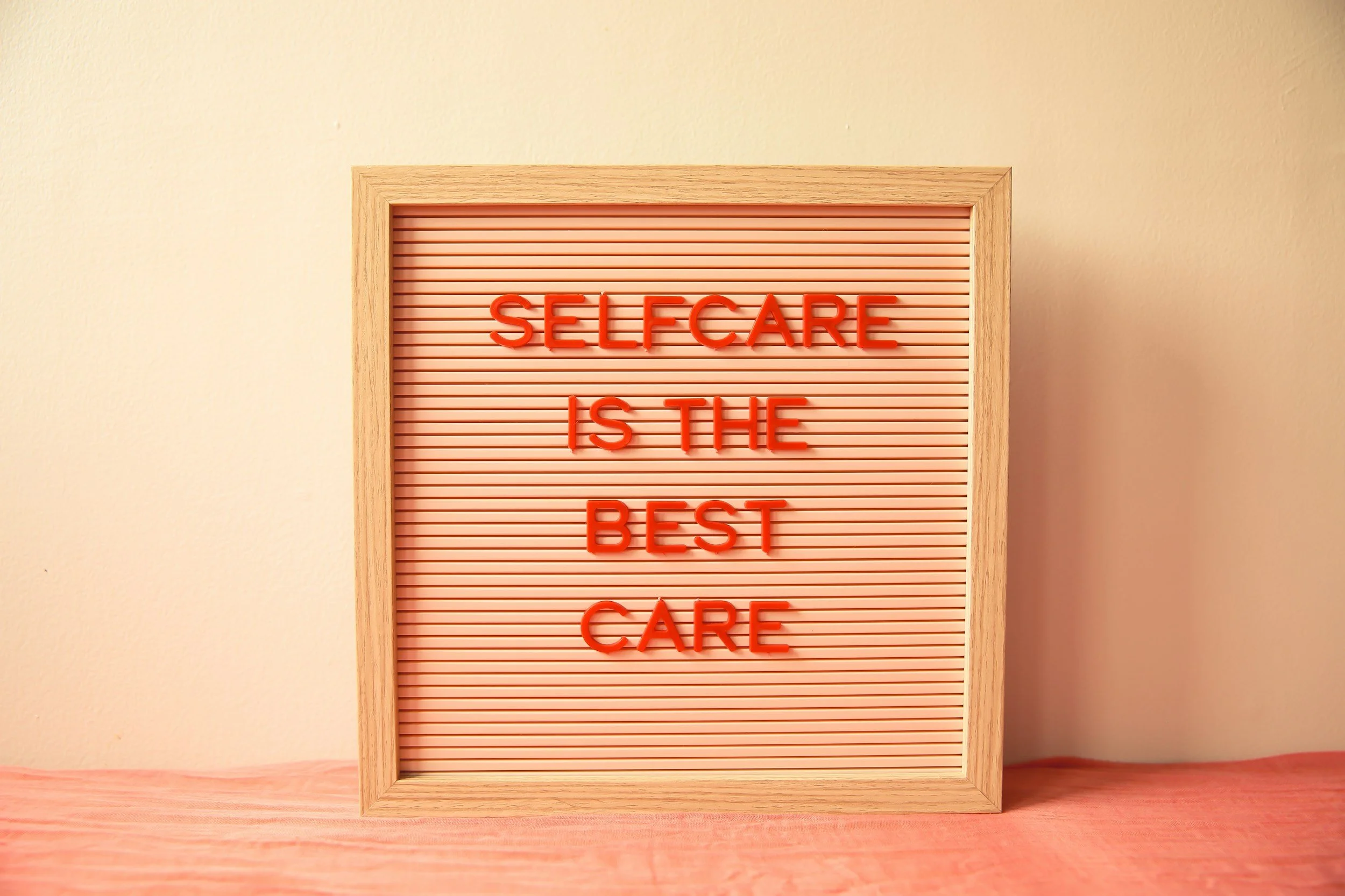
Anxiety Therapy
Is Your Inner Critic Louder Than Everything Else In Your Life?
Does it seem like you’re always worrying about something?
Is it difficult for you to “turn off” your thoughts or feel like you can ever relax?
As a result, do you struggle to focus and stay present?
And are you exhausted from constantly fixating and thinking in terms of the worst-case scenario?
For many of the clients I work with in therapy, anxiety looks like excessive worry, difficulty sleeping, and thoughts “on loop”—otherwise known as ruminations. They regularly feel stuck inside their own heads, and before they know it, they’re experiencing an onset of physical symptoms like difficulty breathing and a racing heart. In essence, they’re living their lives in stress mode.
Anxiety Often Looks Like Perfectionism
Anxiety has a way of infiltrating our connections with others. You may not characterize your experience as anxiety, but perhaps you are always “on.” Maybe your to-do list is endless, and it feels like you’re the only one who can get the job done. It’s probably uncomfortable to say no or admit that you need help because you’re supposed to be able to handle it all—and you’re afraid of being a burden or letting anyone down.
My guess is that when we explore your emotions and history in therapy, we’re likely to discover an experience at the core of your anxiety, something that happened that led you to believe you have to take everything on. Let’s work together in counseling to challenge some of those narratives and develop a more peaceful, balanced way of approaching your fears.
Anxiety Is A Normal Response To Overwhelming Feelings
For a lot of us, anxiety has been present for so long that we don’t even realize we’re living in an often unhelpful and distorted pattern of thinking. Since a young age, we’ve been under a lot of pressure to succeed and do things a certain way. People-pleasing becomes second nature, and over time, we end up feeling overwhelmed, distracted, and disconnected.
Unfortunately, many aspects of modern culture perpetuate the cycle of anxiety. We are constantly “plugged in,” whether it’s to our work, social media, or current events. It makes sense that it’s practically impossible to relax or feel at ease when our minds are being constantly bombarded with information.
If any of this feels familiar to you, I want to assure you that the experience you’re having is normal. You aren’t broken, and you can change the way you engage with your thoughts, actions, and relationships; you just may be afraid of slowing down and accepting support. Together, we can find the why behind your worries so that you can have a more genuine and realistic understanding of yourself.
Therapy is designed to center around your goals and move at your pace. We’ll begin the process by discussing how your thoughts and feelings impact you on a daily basis and how they may be affecting your work, relationships, and overall wellbeing. As we unpack what you want more of—and what you’re ready to let go of—we will create a treatment plan that addresses your unique experience of anxiety.
What To Expect
Anxiety is often experienced in the body, which is why a big part of my therapy approach involves tapping into the nervous system and how symptoms are felt. In addition to psychoeducation about the body’s response to stress, I may incorporate aspects of yoga, meditation, and breathwork to help you slow down and reduce panic.
I also integrate evidence-based therapies like Acceptance and Commitment Therapy (ACT) and Internal Family Systems (IFS) to help align your values so you can live with less fear and more authenticity. And if your people-pleasing behaviors stem from early experiences that impacted your attachment style and sense of self-worth, then Eye Movement Desensitization and Reprocessing (EMDR) may be beneficial for neutralizing triggers.
Through this process, my goal is to help you change your relationship with control, ultimately opening up space in your life for uncertainty. As you become more comfortable with being uncomfortable, you can experience more freedom and less fear.
Your worries are real, and they signal that something is off-balance. But it is possible to change the way you respond to your thoughts, feelings, and emotions. Through counseling, you can begin to quiet the noise of anxiety on the path to a more peaceful, joyful, and fulfilling life.
Therapy Through Resilience Counseling Offers You Tools For Coping With Fear And Uncertainty
Common Concerns About Therapy For Anxiety
-
I understand that while a lot of progress has been made, there remains a stigma around mental health treatment. If you’re concerned about what others might think about you seeking a therapist to help with your anxiety, keep in mind that it’s entirely up to you who you tell about counseling.
That said, what you’re going through is normal and quite common. Anxiety is one of the most prevalent mental health concerns worldwide, and many people—myself included—have found substantial and sustained relief through therapy. Needing support does not signal weakness or incompetence; it demonstrates that you are invested in your health, relationships, and wellbeing.
-
As a trained and experienced mental health counselor, I understand that not everyone’s experience of anxiety looks the same. For many clients, they don’t even characterize their symptoms as anxiety at all—they just know they’re feeling stuck, overwhelmed, and uncomfortable.
A therapist’s job is to understand your unique experience of anxiety so they can customize the counseling process to your needs, whether you’re looking to overcome unhelpful patterns, develop more presence in your life, or just learn to relax and let go. It may help to know that I struggle with an anxiety disorder myself and know firsthand how effective some of the tools we’ll use in treatment are.
-
While anxiety medication can certainly be a helpful tool in treatment, it may not be effective or necessary for everyone. I suggest starting with counseling first to see if you can address anxiety at the source in a way that will facilitate lasting relief. Medication only works for as long as you use it, but therapy can teach you lifelong skills for coping and expanding your window of tolerance.
If medication is something you’re interested in, let’s explore your options together. We can determine your goals for anxiety treatment and if medication would be a viable option in addition to therapy.
You Can Cope And Find Comfort In The Unknown
If you struggle to feel adequate, relaxed, or at peace, therapy through Resilient Counseling can help you learn to live with less anxiety. Contact me for more information or to schedule a session.
Virtual sessions are available to clients throughout Georgia, Florida, and South Carolina. In-person therapy is available to clients local to the Atlanta, GA area and the Coconut Creek, FL area.
Related Blog Posts
Anxiety Therapy in Marietta, GA
1225 Johnson Ferry Rd # 170, Marietta, GA 30068
(404) 480-3465
Anxiety Therapy in Coconut Creek, FL
5300 W Hillsboro Blvd Ste 210B, Coconut Creek, FL 33073
(404) 664-4700






